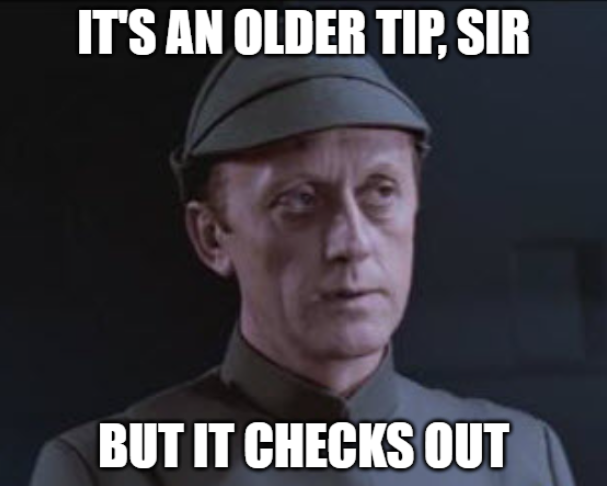A very common issue I come across while editing is overuse of "fancy" dialogue tags like these:
He exclaimed
She cried out
They pleaded
He growled
She retorted
They taunted
These dialogue tags all have one thing in common: they stick out.
Does that make them super bad? Of course not! Used once in a while, these dialogue tags can punctuate an emotional moment very effectively. They become an issue, however, when they are overused.
Usually, the reason they get overused is when writers follow the otherwise excellent advice to avoid repetition. If you say your protagonist has "hair as black as the dark behind the stars," that's pretty cool! But it loses its impact the second time you say it, and by the third and fourth time, many readers will be bored or annoyed.
Fancy dialogue tags are the same. Even if you manage to use a different one with each dialogue (no easy feat), readers will notice—and start to become annoyed—when you use them every single time a character speaks.
So, you don't want to repeat words, but you also don't want to use fancy dialogue tags. What can you do? Fortunately, there's a loophole:
"Said" is invisible.
("Replied" and "asked" are mostly invisible too.)
It sounds like magic, but it's true. These tags are so common that most readers learn early on to ignore them. They don't even realize they're doing it! It's the same way we don't notice the repetition of words like "the" or "and." They're utility words that serve their purpose and are quickly ignored.
I mean, yes, the reader will notice it if you tag every single spoken line with "said" (more on that in a future post), but you can get away with far more saids than any other dialogue tag without your reader even batting an eye.
And you can save the fancy tags for the most specialist special moments so they can do their work.


"This is a good tip and worthy of a comment," he commented.
ReplyDelete"But—" he stammered. "That's not what I said," he said.
Delete"Wow it's nice to have you back!" he exclaimed.
ReplyDeleteKidding aside, I tend to agree with this, especially as a writer. It bothers me less than most, I think, as a reader, but then I'm very open to experimental formatting and things like that so...
In my own writing, I try to stick to said or says, depending on tense, about 90% of the time, and use something else, only when the line of dialog really calls for that extra bit of impact.